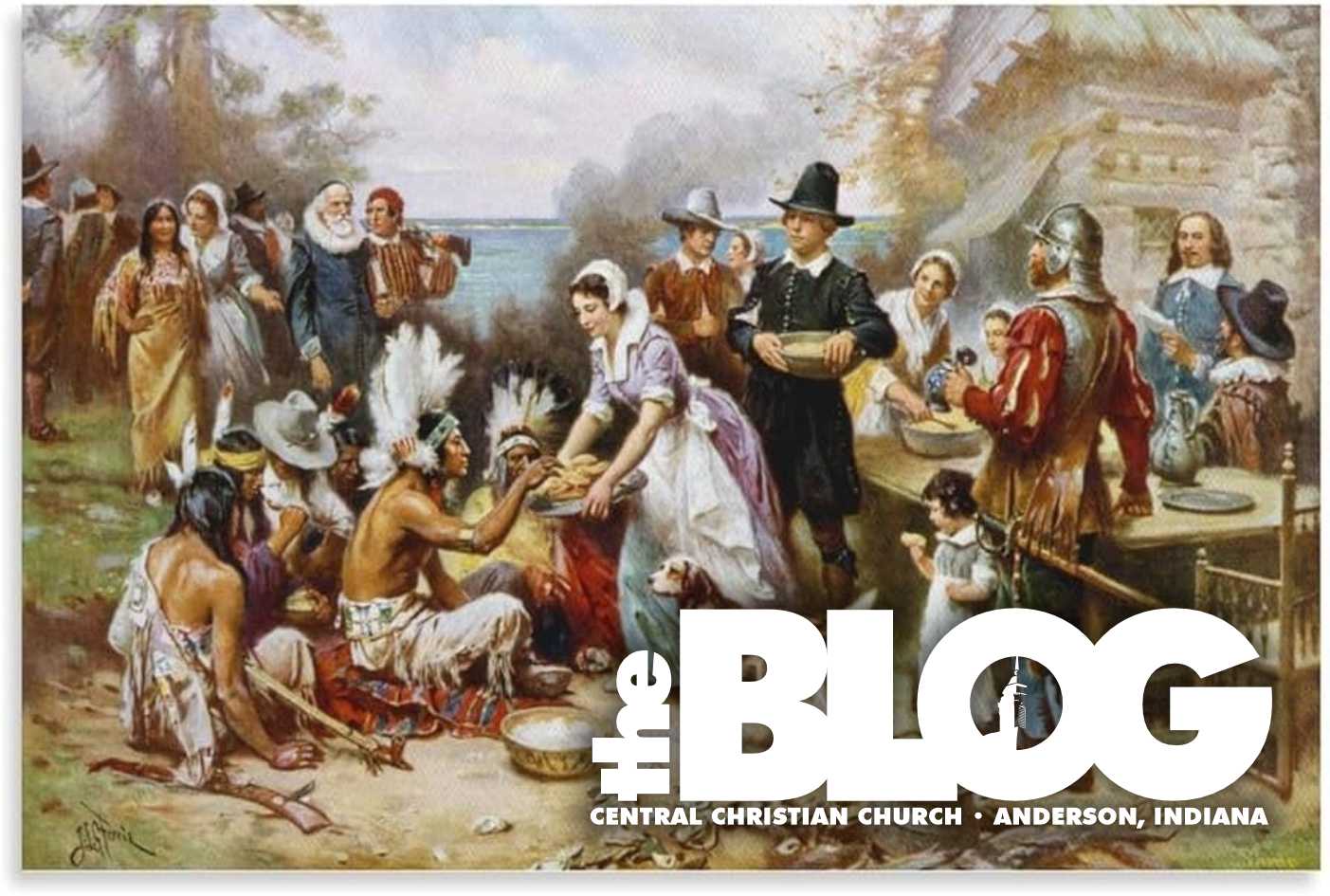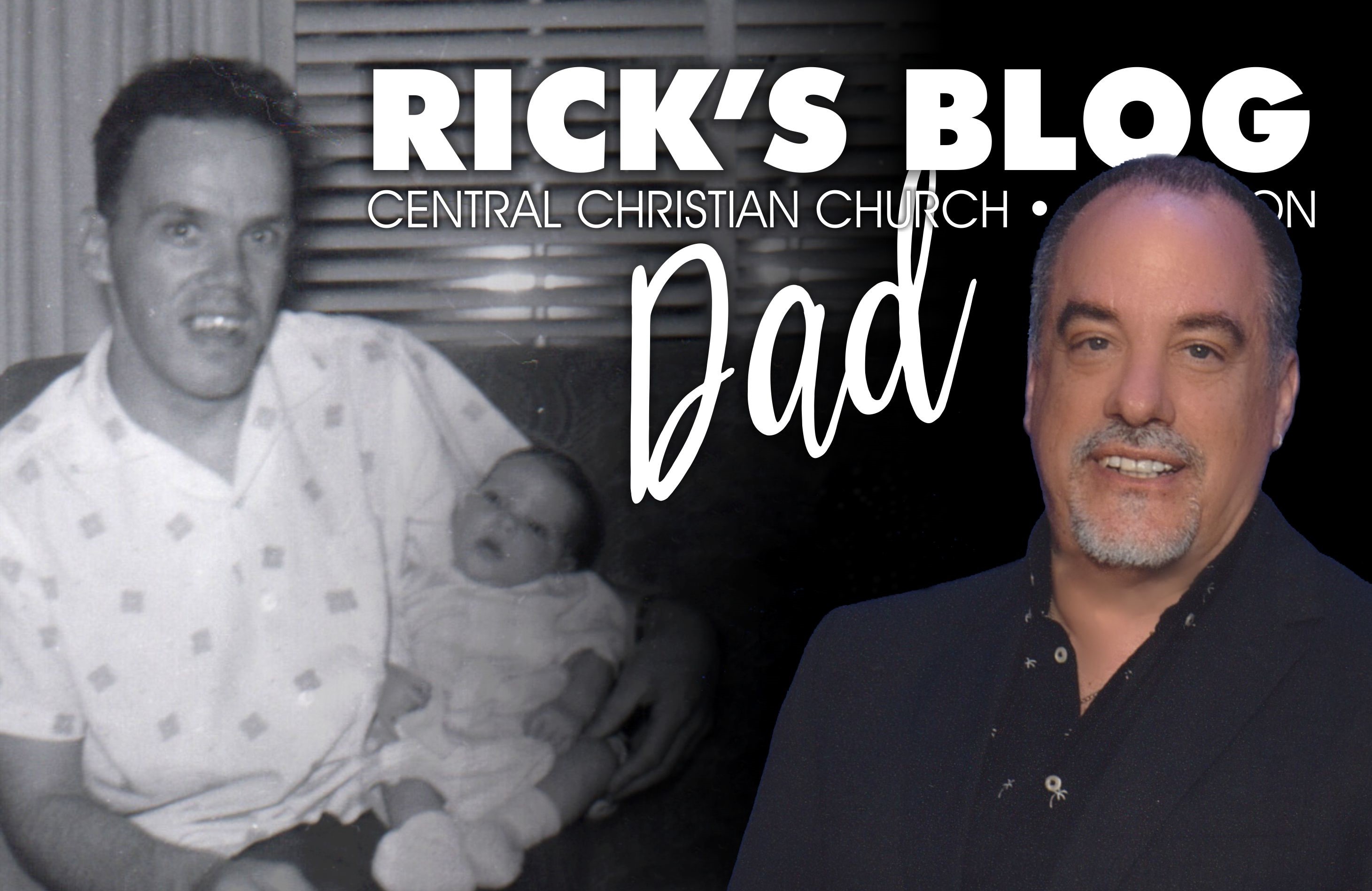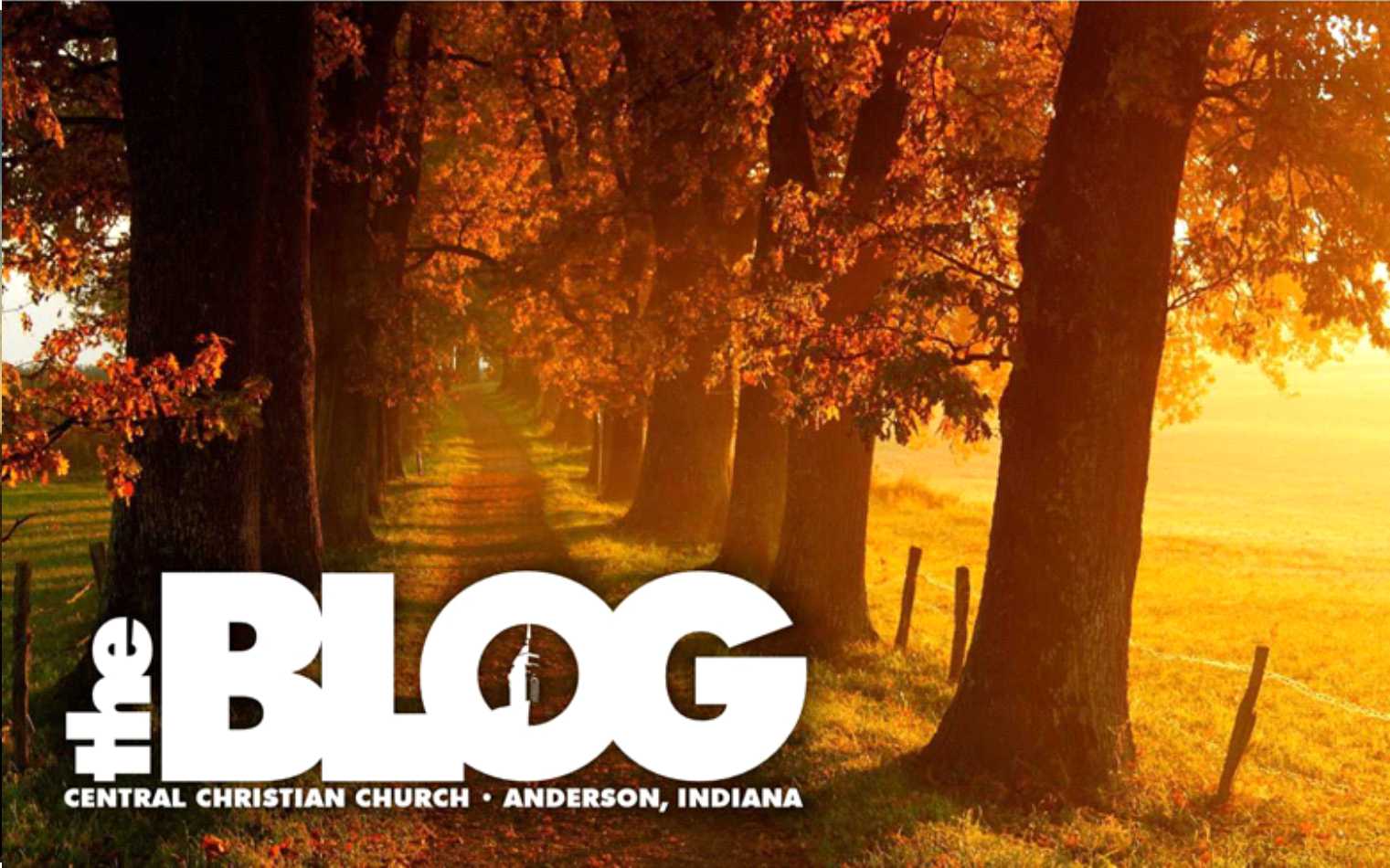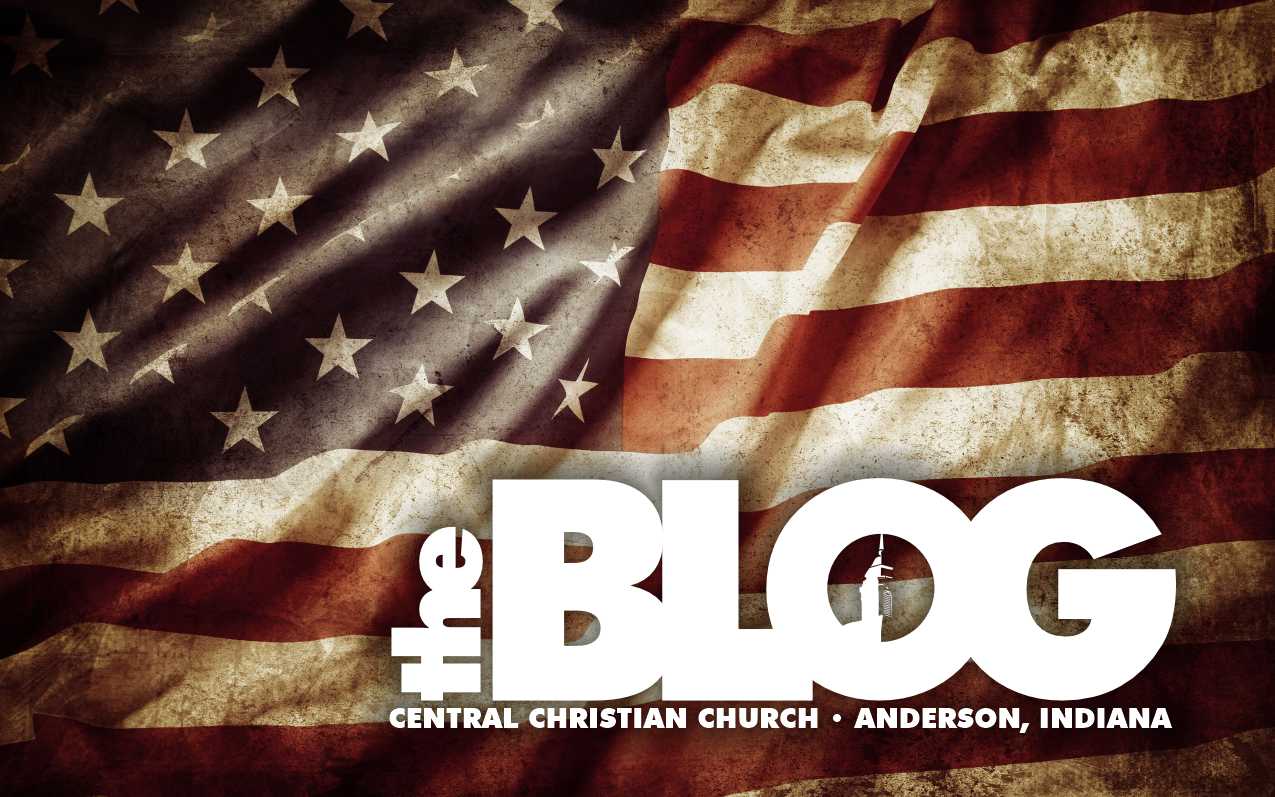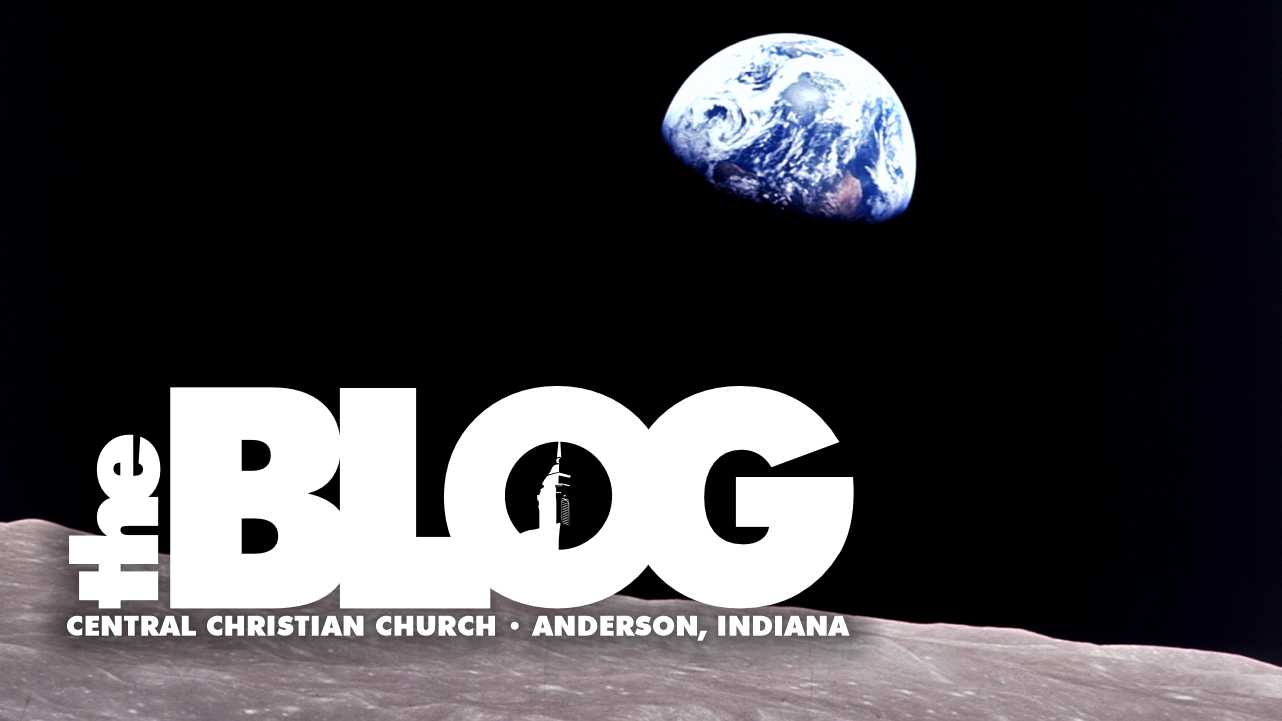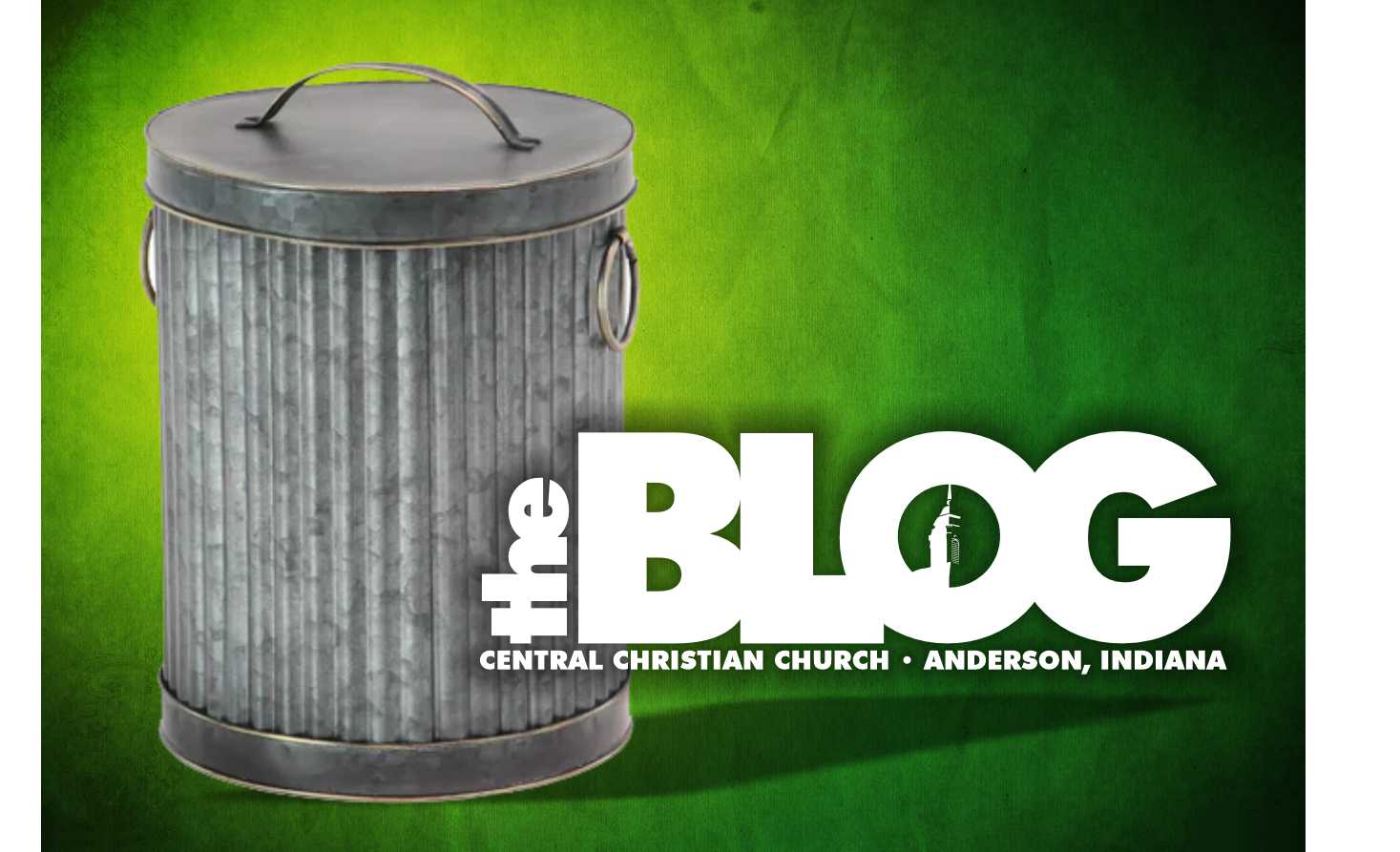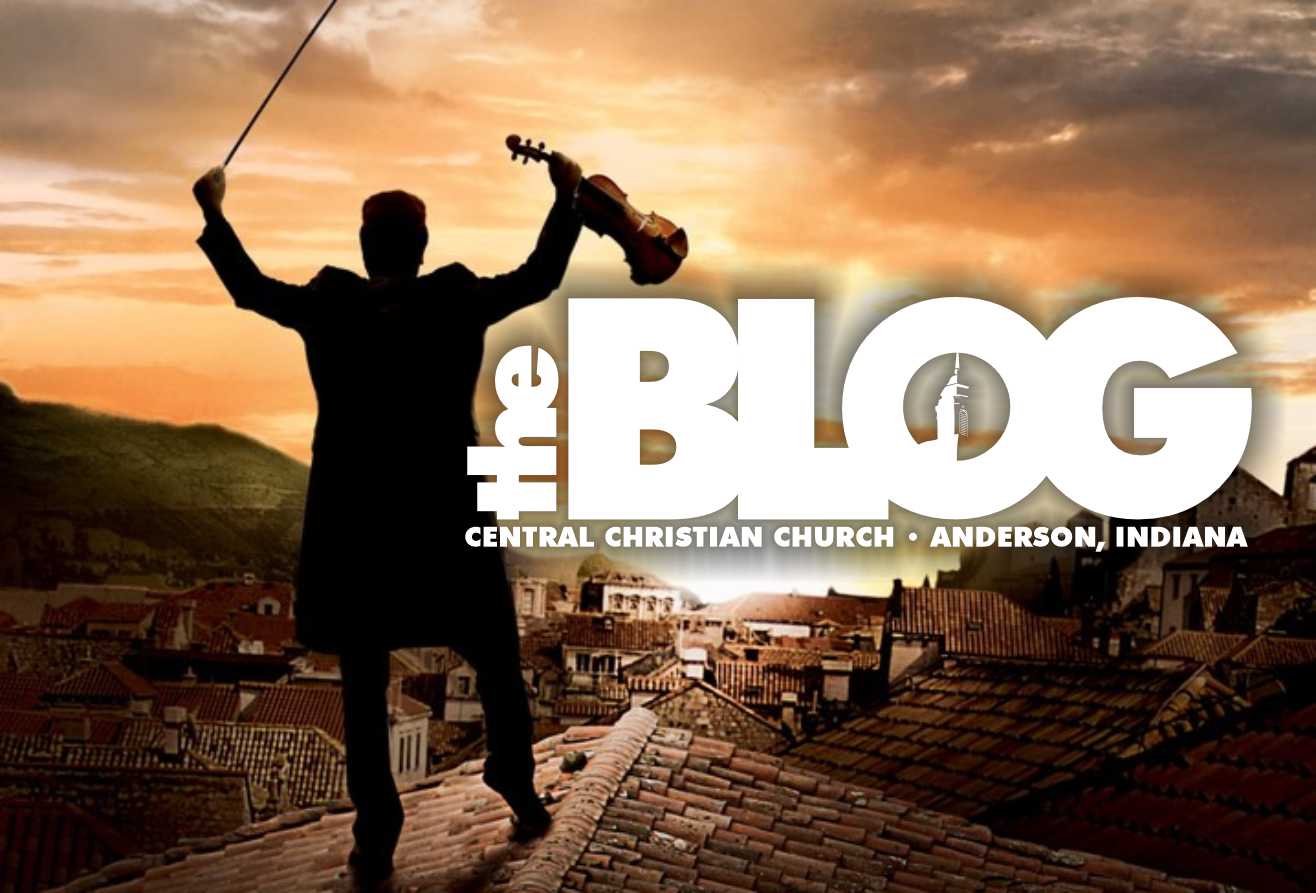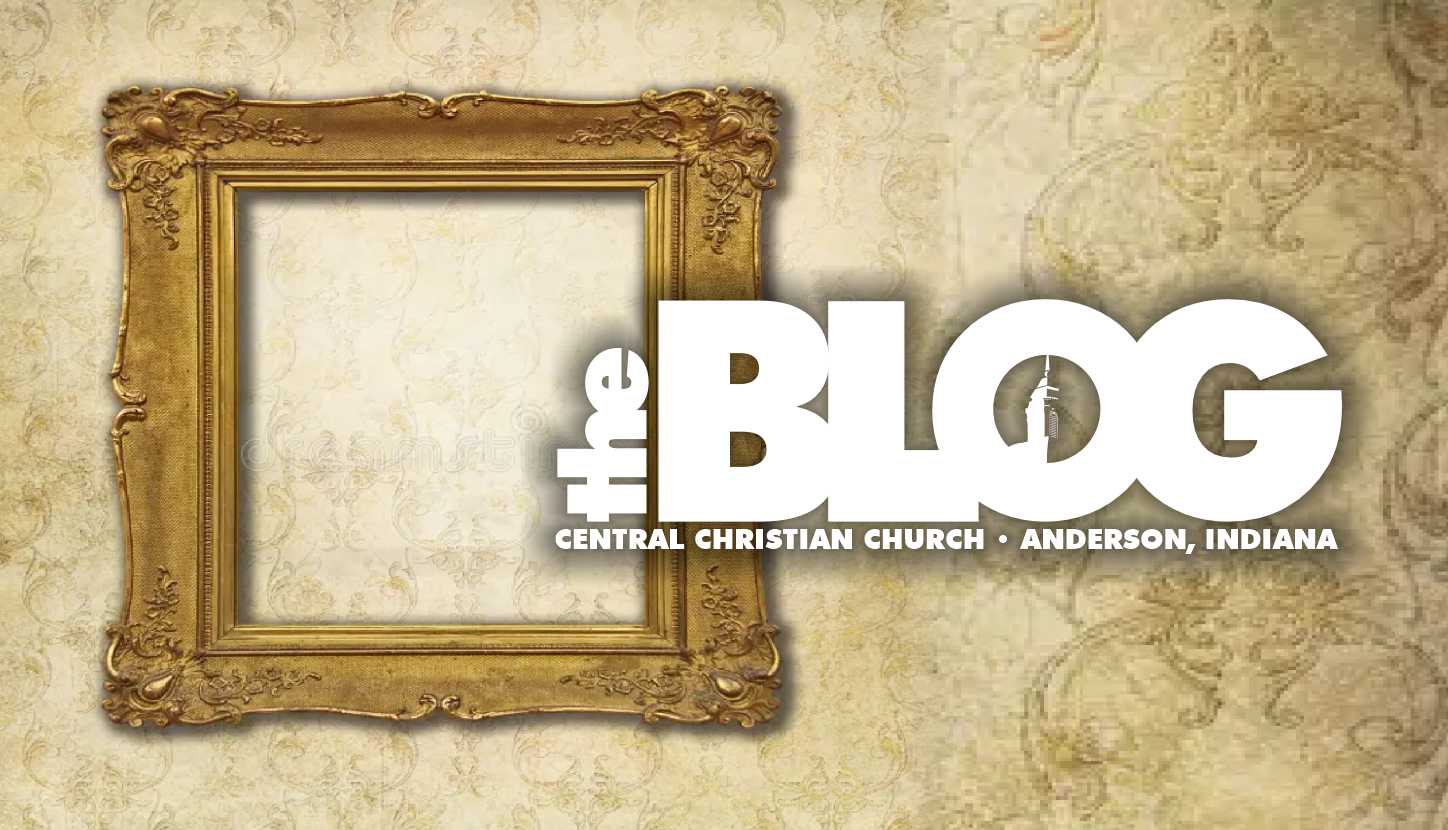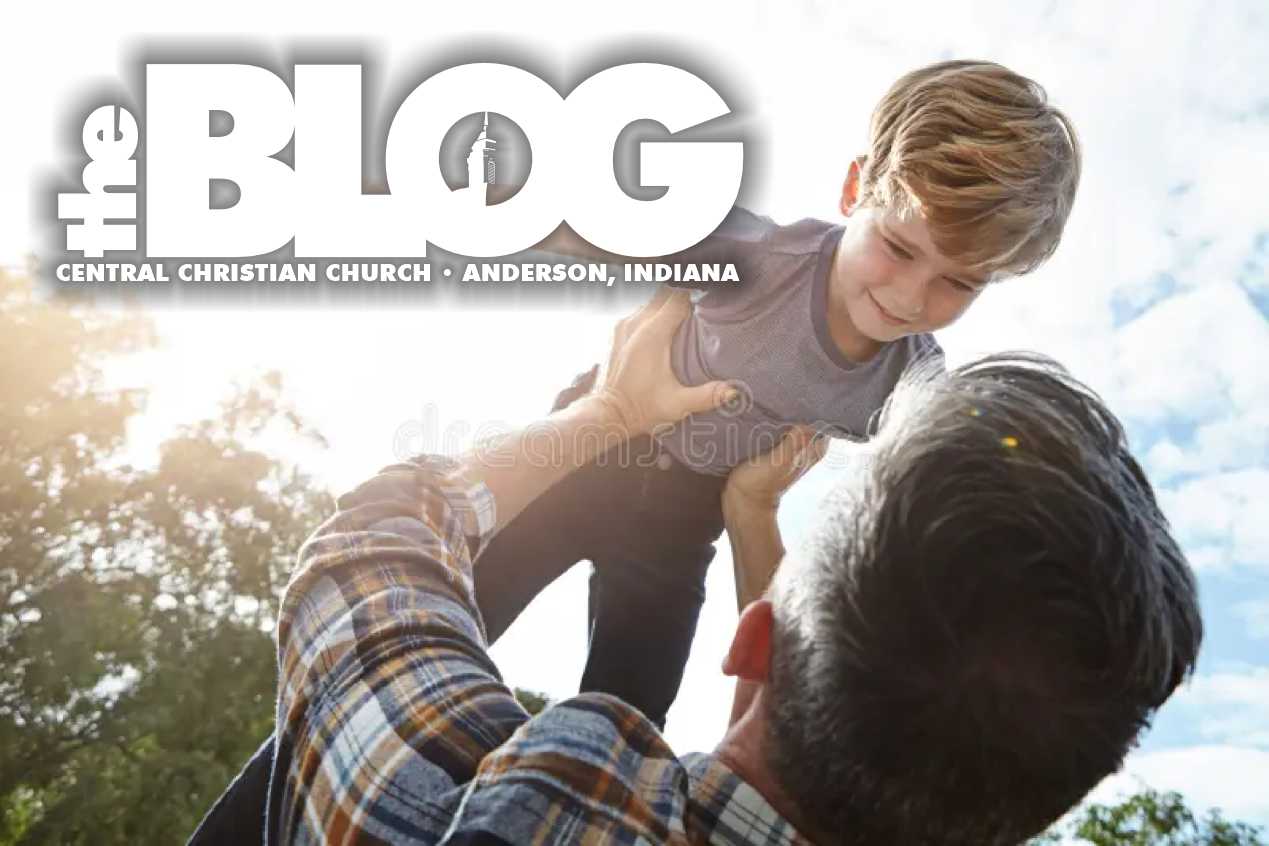
GOD & COUNTRIES
Written By:Rick Vale
I am so blessed and happy to live in a country in which it is relatively easy to be a Believer & Follower of Jesus the King. I am thankful every day, as a Pastor, that I do not face the persecution and unfathomable struggles that many of my brothers and sisters throughout the world face daily. We all are truly blessed, in the United States, to be allowed to worship, or not, as WE individually choose.
We, as a nation, have rarely had to face what other Believers & Followers around the world face, as tension between the church and the government. Throughout the world, both governments and “non-Christians” will resent the fact that a Believer & Follower’s allegiance is FIRST given to God, and THEN to the nation. Here in the U.S.A., although it has turned to a more politicized moniker, having the “Christian” label also gives some influence in the greatest circles of power, or at least a relative comfort level within those circles. The same CANNOT be said for many countries outside of the U.S.A.
Does that make the U.S.A. a “Christian” country?
Although for some reason, many believe that this nation is a “new Israel” – type, the nation of the USA is no more “Christian” (according to the definition of Jesus gives us) than any other country in the world. There is also the flawed belief there were MORE Christians in political leadership at the dawn of this nation than there are now. But all anyone needs is to read a little history and find the percentage was about the same as it is now. Also, the “Christian behavior” of some of those leaders would make our hair curl. However, history also tells us there WAS an eager tolerance, in that time, to allow the people of this new country to choose where, when, how, or not to worship (unlike the countries from which our colonists came, where religion was forced upon the populace).
Was this nation founded on Christian principals?
It would seem so, at least as many would define “Christianity” and interpret scriptures then and now. But looking at the way some have historically used their faith to justify slavery and aggressive war against other nations, one wonders what the difference is between patriotism and faith. Again, Tzarist Russia (as an example) and Nazi Germany (as another) would have claimed, and in fact DID claim, that theirs were “Christian nations”: their concepts about government and “who was in and who was out” were argued using the scripture AND they belied God blessed their efforts and was “on their side”.
This belief in a “Christian United States” has, unfortunately, given some Believers & Followers pause. Some laws enacted by this so-called “Christian” country are not what some of us Believers & Followers would ever call “Christian”. These decisions about marriage, about life before birth, about death, etc. are reminders that this country is simply that…a country. It is not a nation set aside from any other nation, by God, for special “anointing”. It is a DOMAIN (“an area of territory owned or controlled by a ruler or government”). But within this DOMAIN are people who are part of a DOMINION (“sovereignty or control”) This DOMINION transcends borders, languages, skin color, economic divides, DOMAINS, and human definition. The U.S.A. contains citizens of this DOMINION within her DOMAIN…just like every other country in the world.
As God’s children and a part of His DOMINION, we understand that our allegiance to Him dictates that we pray for, but not worship, our respective countries/Domains and their leaders. We realize that our leaders and lawmakers will do things we agree with and some things we don’t agree with. We will agree and disagree with our own faith families as well. As children of God, we also see that God and God alone will define what Life is, what Marriage is, what Love is, and who has residency in His Kingdom…many of us would be surprised at His decisions about precisely those things.
Even in the Kingdom, the searching and re-searching of the scripture may lead YOU to define God and other things in ways which might be different from the way I see God. How then can we expect our nation to always agree with what we individually define as “Christian”?
The laws of this country/domain and the laws of Gods DOMINION may at times connect, intersect, run parallel or conflict. That is the reality of life in This Present Age. We are promised however, that following The Day of the Lord, in the Age-To-Come, there will be no boundaries, no war, no strangers. There will be ONE King, ONE law of love, and ONE peace. We’re not there yet, but we will be soon…and for now we should practice not looking shocked at who else is sitting at God’s table (and not being offended when they are shocked to see US sitting there.)
We, as Believers and Followers of the One True God, manifested in Jesus the King, have one agenda: to KNOW God. We have a PRIMARY allegiance: to the Almighty Father and His Only Son…and we have one command from Him to follow: LOVE ONE ANOTHER AS I HAVE LOVED YOU. PERIOD.
I love this country, where we celebrate the freedom to worship as we please, we define our faith as we please, we agree or disagree with our country’s leaders as we please. God help me to remember the millions that don’t have this freedom…and help me love the ones who have not chosen the ultimate freedom that comes from knowing God and His Son.
America! America! May God thy gold refine,
Till all success be nobleness, And every gain divine!
(Katherine Bates)
The kingdom of the world has become
The Kingdom of our Lord and of His Anointed King,
and HE will reign forever and ever!
(Revelation 11:15)


